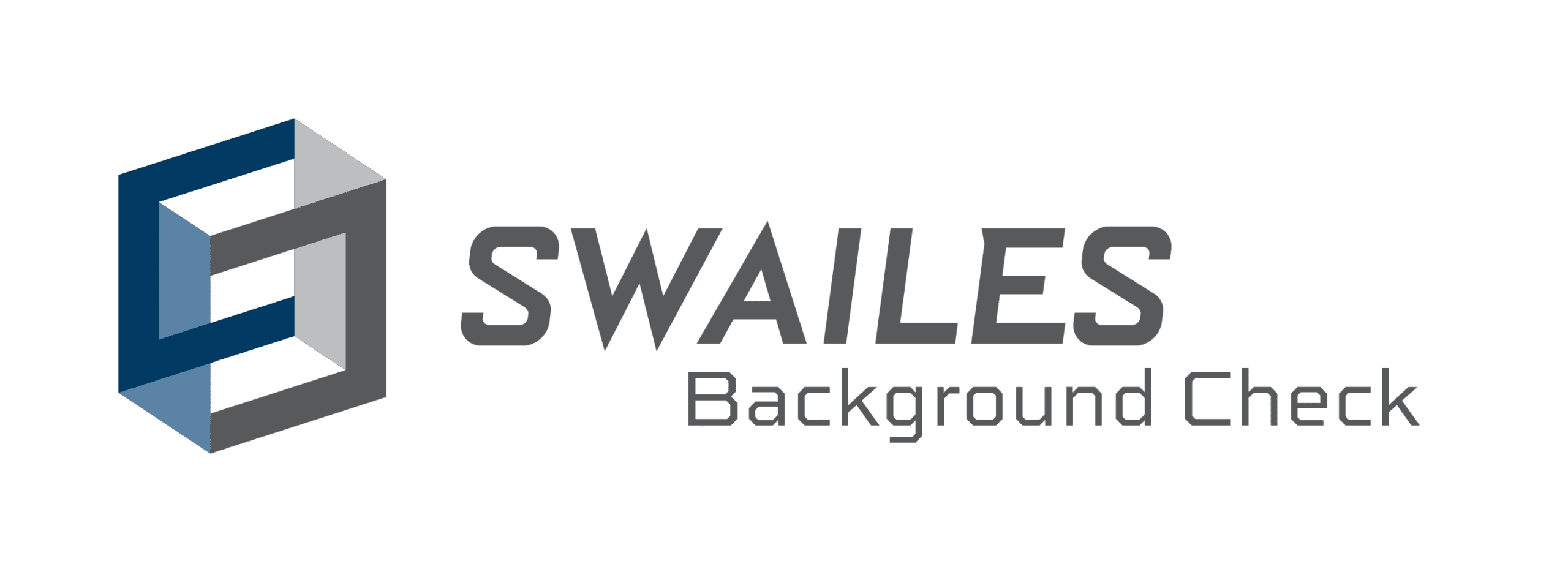How Safe Is It To Hire Gig Workers?
What is the gig economy? The gig economy is a segment of the workforce comprised of individuals earning income by providing on-demand work, services or goods. Some examples would be contract, temporary, freelance and seasonal workers. They often utilize a digital platform or website in order to market their services and find clients. This is a convenient and cost-effective solution for service providers, especially during a holiday season or summer. Many companies want to benefit from this labor force, but are concerned about the risks involved, rightfully so. However, it is possible to reduce that risk, and it starts by ensuring these workers are sufficiently screened by a quality vendor. The following are some ways that workers from the gig economy pose security concerns and how businesses that employ them can mitigate those risks.
Seasonal Jobs
There are plenty of service providers that need extra workers during the summer and holidays. Some examples would be: party planners, wait staff companies, caterers, DJs, housekeepers, carpet cleaners, trip planners or handy men. Companies providing assistance with decorating or in-home design services also see an increase in demand.
Elderly-care companies are also in need of additional staff during these times, which may result in temporary workers having access to clients’ homes. Other services that see an uptick in business this time of year are house sitters and dog walkers due to an increase in travel. Businesses seeking gig workers for any of these positions should always be selective about whom they hire and ensure they are properly screened to protect their company and clients.
General Tasks
It’s hectic during summer and around the holidays so gig workers referred to as “taskers” are always a popular pick, as the services they offer are broad. Some tasker job duties might include running errands, babysitting and/or driving children around, housekeeping, cooking, wrapping gifts, couriering or picking up items. The possibilities are endless. Companies that use general taskers need to remember employing temporary workers means they often end up having access to customers’ homes, children or personal/financial information so it’s imperative they are screened.
Bookkeeping
Businesses or individuals may be tempted to hire someone to help out with time-consuming financial tasks. Some examples include: collections, bank reconciliations, payroll needs or tax preparation. Using a gig worker to assist clients with financials is always a security concern so many avoid using them. However, if you do decide to a hire temporary worker it’s important to screen them thoroughly in order to mitigate risk.
Restaurants
The increase in summer traffic and holiday parties shoppers means restaurants may need more workers. Some positions that might need to be temporarily filled include wait staff, cashiers and delivery drivers. Waiters and cashiers have access to customer credit cards and cash and delivery drivers will be interacting with the public. For these reasons, it’s important you know who you are hiring and whether or not they pose any risk. So, avoid forgoing the employment screening to save time. It’s more important to make sure your customers and employees are safe.
Many companies opt for flexible and more cost-effective workforce solutions during the summer and holiday season. When contractors, freelancers, temporary or gig workers are utilized, then a role-specific employment screening, by a quality vendor, should be conducted. It should always include a social security trace to confirm their identity, verifications of previous employment as well as a criminal records search and drug screen. And if they’re going to be interacting with the public (i.e. delivery services) then running their driving record (MVR) and running their name through the national sex offender registry is recommended. And remember to avoid free or instant employment screening which may not be FCRA compliant. The results are often prone to inaccuracies or inadequate information, providing a false sense of security and unnecessary liability.
Taking the appropriate precautionary measures when you decide to engage a gig worker will help mitigate risk while saving you money at the same time.
When your business needs assistance with employment screening, criminal checks, FCRA compliance, drug screening, education and employment verification, driving records (MVR), credit checks or social security number validation, contact the Swailes Background Team to get quickly signed up.

